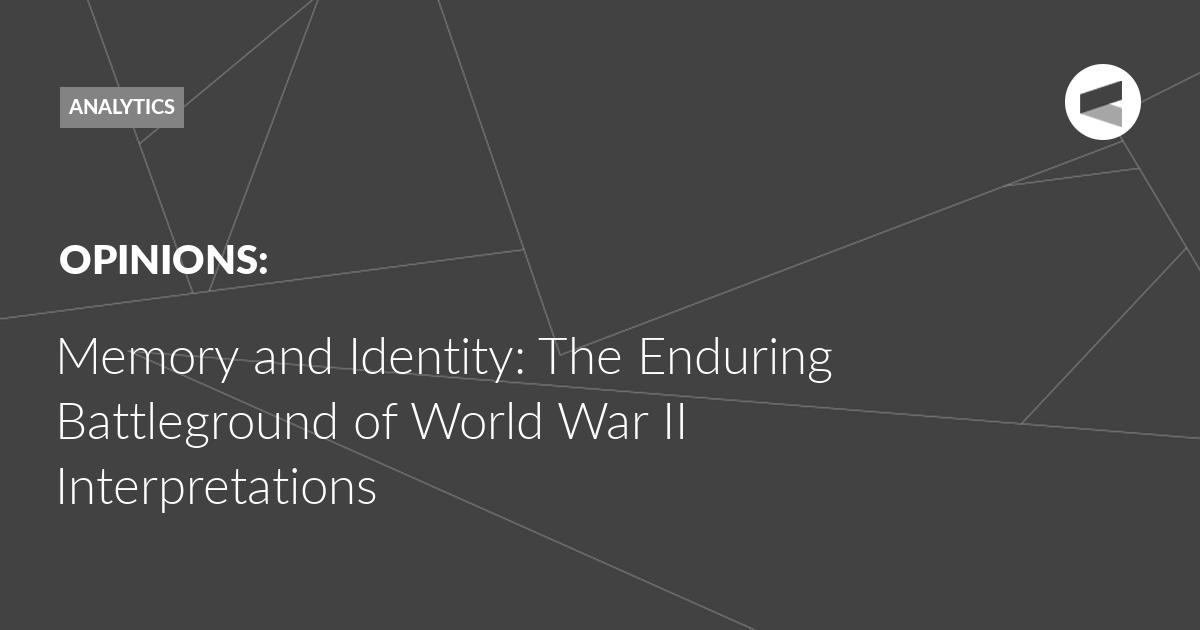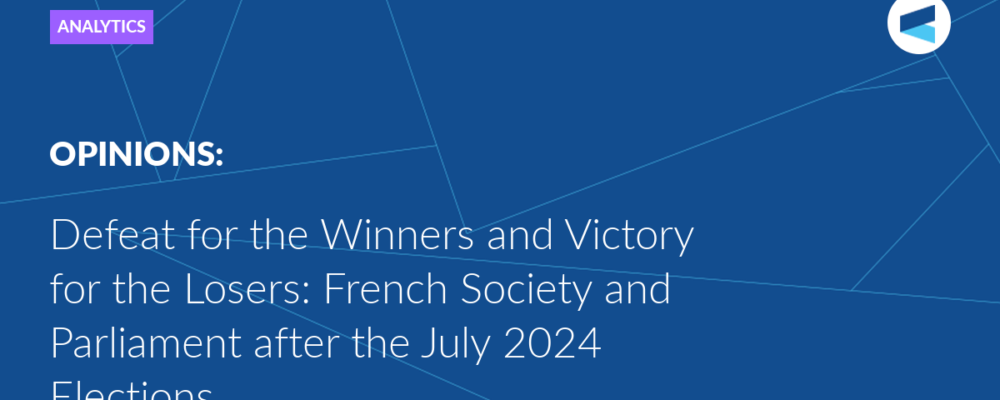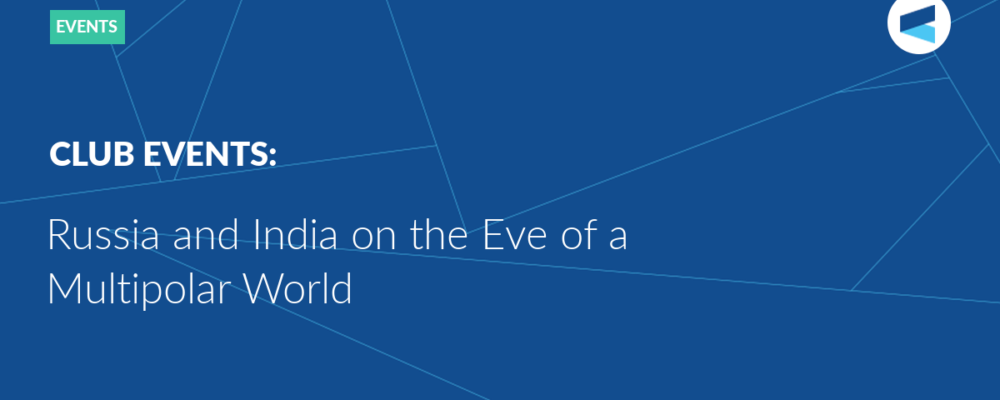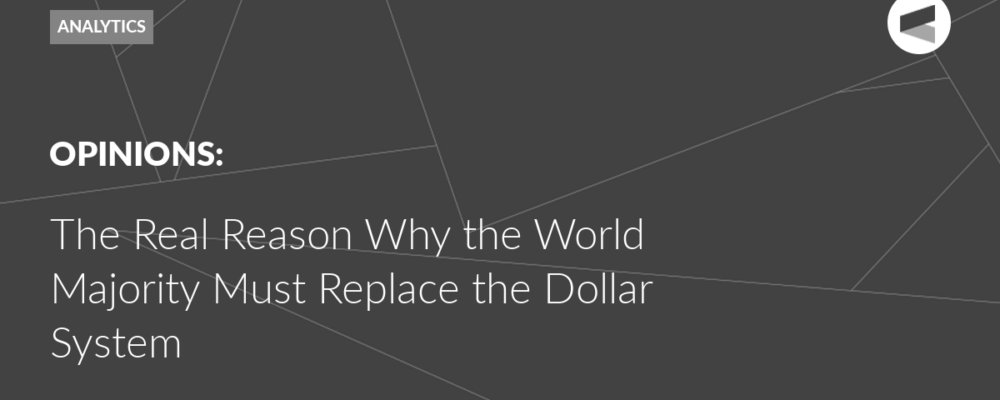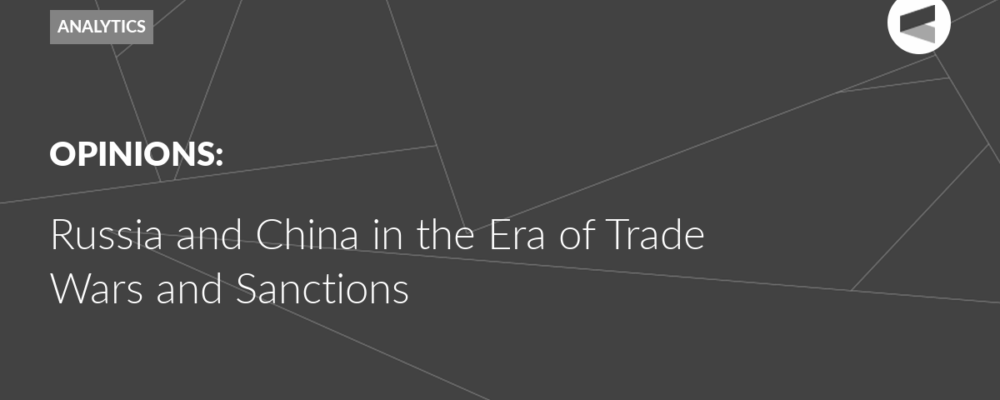Against this backdrop, Russia has begun – albeit belatedly – to show growing interest in non-Western interpretations of the war and its outcome. For a long time, Russia’s international engagement with World War II memory was Western- and Eurocentric, as evidenced, for example, by the lists of heads of state attending anniversary Victory Parades. While leaders from China, Vietnam, and Mongolia participated in most of these events, the inclusion of more Asian nations and the arrival of heads of state from Africa and Latin America only began in 2015.
Notably, this shift coincided with the deterioration of Russia’s relations with the West over the Ukraine conflict, which starkly illustrated how historical interpretations can shift under geopolitical pressures. In the West, these changes became an avalanche after the start of the special military operation. A telling example is US President Joseph Biden’s speech at the 80th
anniversary of the Normandy landings in 2024, where he framed World War II as a clash between democracy and dictatorship, declared that Normandy proved the “forces of liberty” superior to the “forces of conquest,” and grouped modern Russia among the “dark forces” those heroes fought eight decades prior.
Meanwhile, the Western narrative of World War II as the first stage in democracy’s struggle against dictatorship raises serious questions among non-Western partners. Chief among these is the fact that, in the twentieth century, Western nations did not uphold democratic principles in their colonies as staunchly as in their metropoles, and during the Cold War, they frequently prioritized geopolitical expediency over ideology, backing dictatorships while opposing progressive movements.
At the same time, narratives about World War II in Russia and friendly states of the World Majority may differ – sometimes significantly. Yet these differences need not be insurmountable. Thus, there remains ample space for dialogue with non-Western nations on historical memory, even if such discussions may occasionally prove challenging, as evidenced by Ivan Zuenko’s analysis of WWII interpretations in Russia and China.
Russia must recognize that even its closest partners – including CIS countries – may not fully align with its interpretation of World War II. This is entirely normal, as each nation develops its own historical framework, in which the war may not hold the same centrality as it does for Russia. Moreover, these frameworks inevitably evolve over time, with shifting emphases. Russia must steadfastly uphold its interpretation of World War II – a cornerstone of national identity – while cultivating alliances with non-Western nations and preparing for a prolonged ideological confrontation with the West over historical memory.
The Valdai Discussion Club was established in 2004. It is named after Lake Valdai, which is located close to Veliky Novgorod, where the Club’s first meeting took place.
Please visit the firm link to site


